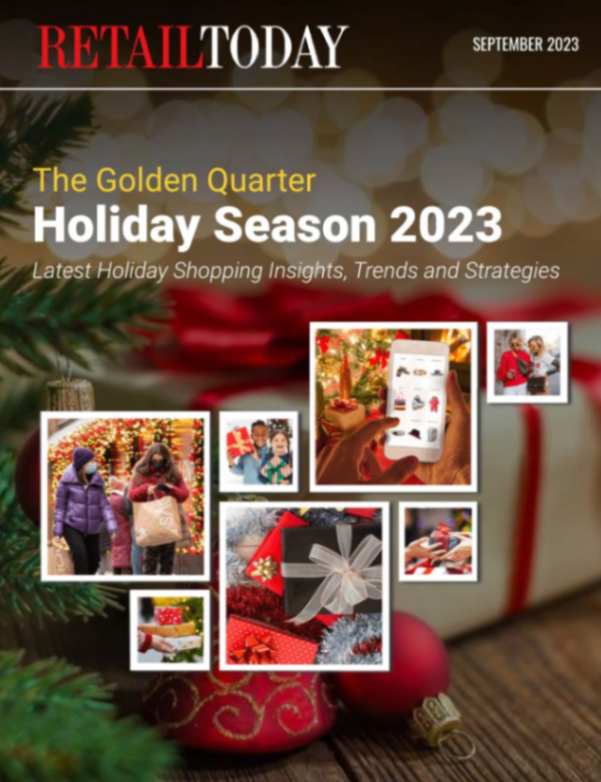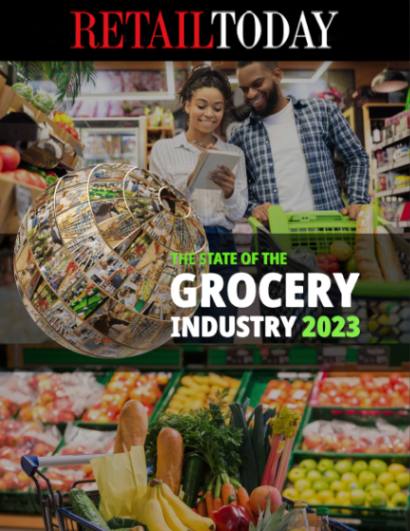1WorldSync, the leading global product content platform for brands and retailers, today released its 2022 Consumer Product Benchmark Report showing inflation’s significant impact on consumers. The report — featuring data from a survey of 1,650 shoppers across the United States and Canada — found that 63% of consumers plan to pull back spending to adjust for rising costs.
Discerning consumers are also vetting products more than ever before. Accurate brand content isn’t a luxury — it’s a necessity. Before committing to a significant online purchase, 52% of shoppers research at least four products and 89% visit multiple sites. Seven in 10 shoppers said they often decide not to buy a product due to poor quality product content or a lack of product content. 1WorldSync found shoppers spend more time reviewing product content to verify:
- Product value matches its price (67%).
- They want or need the product (56%).
- The product will meet expectations (49%).
- The manufacturer’s values align with their own (38%).
- Other customers enjoy the product (33%).
“Relevant, impactful product content is essential everywhere commerce happens,” said Steve Sivitter, CEO of 1WorldSync. “While consumers might be tightening their wallets, they’re spending more time researching and reviewing product content. Our survey results show that brands and retailers committed to consistently surfacing quality product information position themselves well moving into 2023 and beyond.”
The report also suggests a daunting holiday season ahead for retailers. 38% of shoppers plan to scale back gift spending this year due to inflation. Clothes and accessories (65%), electronics (59%) and toys and games (51%) — arguably the most popular purchased gift items — lead the non-essential goods categories getting the pinch from consumers.
1WorldSync uncovered additional insights about returns that retailers will find helpful as they prepare for the post-holiday return season. Reasons identified for returns included below-standard product content and inaccurate, misleading or poor product information on e-commerce websites. Clothes and accessories, consumer electronics and packaged groceries topped the list of returns in the past 18 months.





